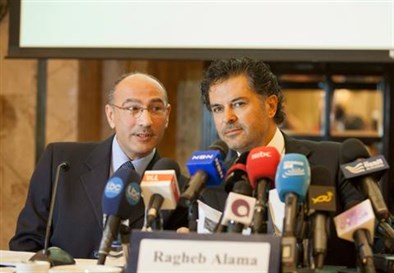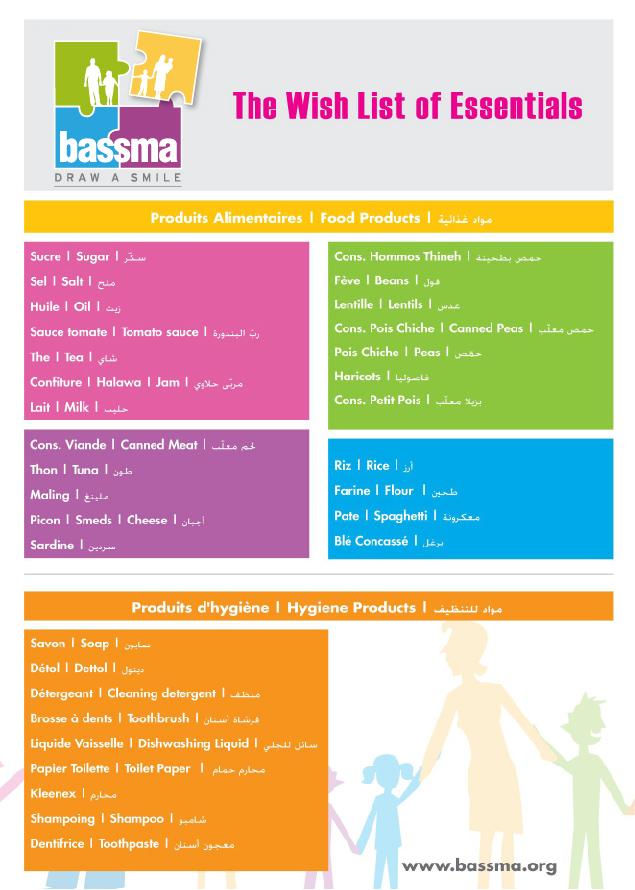source: www.dailystar.com.lb
The United Nations Development Program launched an international campaign Monday to reduce food waste and combat famine. “Think.Eat.Save” is a campaign that seeks to manage food waste in a sustainable way. The project, spearheaded by the Save Food Initiative, considers food waste to be a global problem that has detrimental humanitarian, environmental and economic impacts.
“The aim of the campaign is to address the problem of food waste by spreading awareness, in order to preserve food resources, change consumption patterns and fight poverty,” said Bahaa al-Koussi, director of the U.N. Information Center, at the launching event at the Phoenicia Hotel in Ain al-Mreisseh.
Also in attendance were Iyad Abumoghli, the regional director and U.N. Environment Program representative in West Asia, and UNEP Climate Change Ambassador Lebanese pop singer Ragheb Alama.
The campaign is a partnership effort between the UNEP, the Food and Agriculture Organization and Messe Düsseldorf, an international trade show organizer. The project also has the support of U.N. chief Ban Ki-moon’s global project, the Zero Hunger Challenge.
“U.N. statistics show that more than 1 billion tons of foods are wasted every year while there are more than 1 billion people suffering from hunger. It is time to reconsider the way we invest and consume our food resources and how we should share it with the others in a fair way,” said Abumoghli.
“Today, we don’t need to increase the amount of food produced to eliminate hunger and achieve food security, we only have to stop wasting the enormous amounts of food.”
A recent study conducted by the FAO revealed that about a third of food produced worldwide, amounting to about 1.3 billion tons, was wasted as a result of inefficient production and consumption systems.
In industrialized nations, retailers and consumers discard about 300 million tons food still fit for consumption. About half of the global statistic of food produced is squandered in these countries, which is more than the total food produced in sub-Saharan Africa, and would be sufficient to feed the estimated 900 million people in the world who suffer from hunger.
Alama criticized the systems that resulted in food waste, saying: “The consequences of hunger do not require evidence,” and called on all parties involved in the issue to combat famine.
He added that “The U.N.’s campaign ‘Think.Eat.Save’ is for people who feel compassion for their neighbors, and who love the earth.”
image: Mahmoud Kheir













